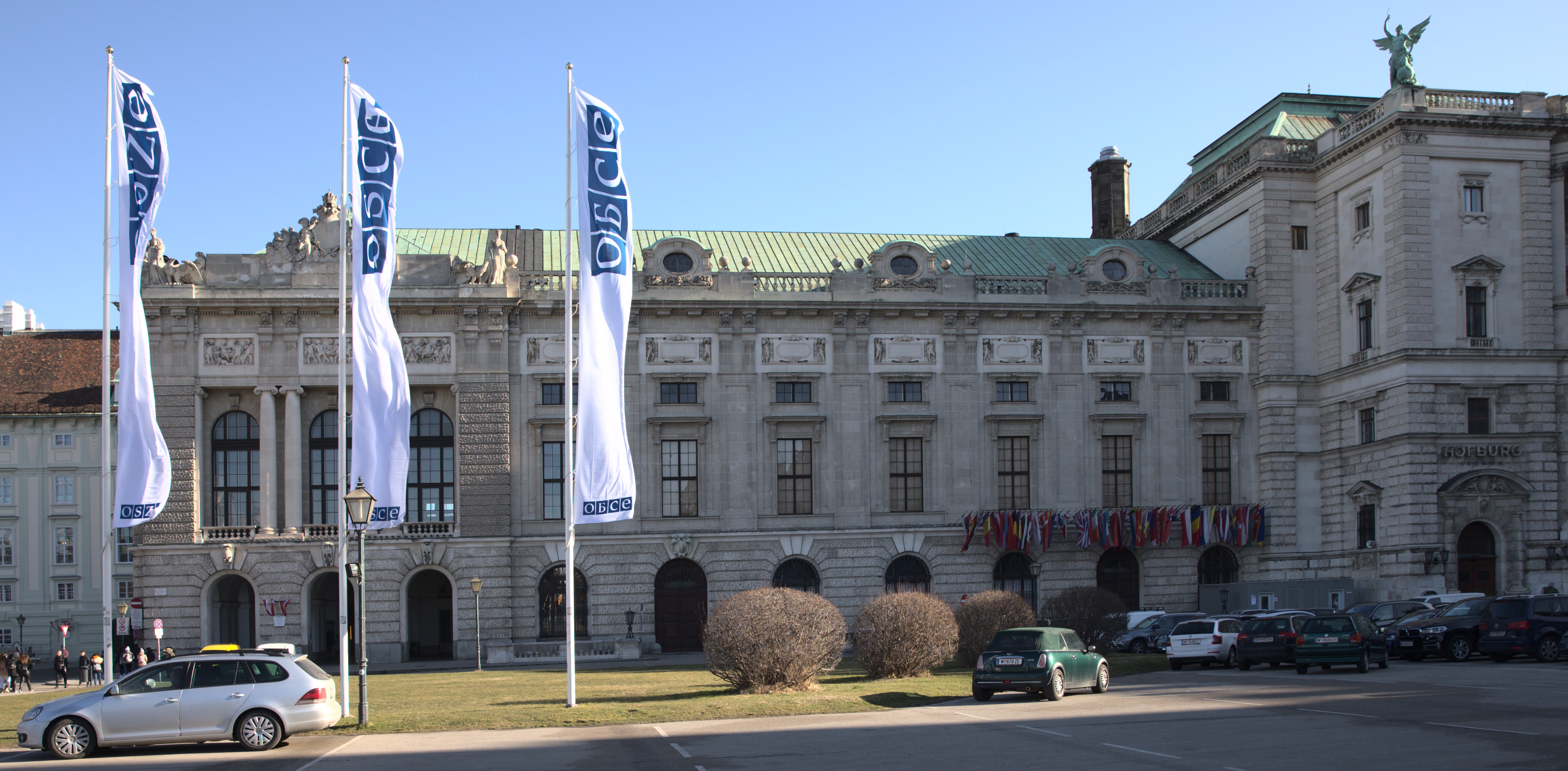The Organisation for Security and Cooperation in Europe (Osce) has delivered a damning report on a law passed in Cyprus this summer regulating public gatherings and parades, calling many of the law’s provisions arbitrary and warning of a chilling effect on the right to peacefully assemble.
An urgent legal opinion from the Osce had been requested by Akel MP Irini Charalambidou in mid- July, days after parliament here had passed the law.
Dated September 17, the opinion was prepared by the Osce’s Office for Democratic Institutions and Human Rights.
Its findings are unequivocal. Aspects of the law, says the Osce, give authorities excessively discretionary, even arbitrary, powers to break up demonstrations while placing disproportionate sanctions on event organisers and participants.
“Generally, while the Law appears to strive for more communication channels between the police and the organisers to facilitate peaceful gatherings, it does not adequately reflect the state’s positive obligations to protect, respect and facilitate the exercise of the right to freedom of peaceful assembly,” reads the legal opinion.
“It also contains overly broad wording of certain provisions, which may compromise legal certainty and open the door to arbitrary or disproportionate restrictions on the exercise of this right. Overall, the new Law therefore contains some provisions raising serious concerns regarding their compatibility with international human rights standards…”
The report highlights, for example, the broad discretionary powers vested in the chief of police to order the breakup of a public gathering.
It suggests Cypriot authorities should recognise “that some level of disruption is inherent to public gatherings and that isolated acts of violence by individuals should not render an entire assembly as non-peaceful within the context of the law.”
The dispersal of an assembly “should always be a measure of last resort,” the Osce stresses.
Another concern is that the law “does not establish accountability mechanisms for police actions, nor does it provide avenues for legal redress in cases where such actions lack a basis in Law or are unnecessary or disproportionate”.
Regarding the sanctions envisaged in the law, the Osce calls these disproportionate. It suggests these be “removed or reconsidered entirely to ensure that any sanctions are proportionate to the violation.
“Disproportionate penalties alone violate the right to freedom of peaceful assembly, as they may deter such events and have a chilling effect on the exercise of this right.”
The law, which took effect in July, establishes two criminal offences related to public assemblies and parades.
“First, it criminalises any act of violence or incitement to violence intended to disrupt the peaceful nature of an assembly, punishable by up to three years’ imprisonment, a fine of up to €10,000, or both. Second, it penalises individuals who, without reasonable cause, refuse to comply with a police order to remove items concealing their identity, where such refusal is linked to actions that may render the assembly non-peaceful or lead to an offence. This offence carries a penalty of up to two years’ imprisonment, a fine of up to €5,000, or both, ‘upon conviction’.”
Taking her cue from the Osce report, Charalambidou on Thursday said she would use it to try and get the law amended. The MP will also be seeking a meeting with the justice minister to discuss the matter.
According to Charalambidou, an Osce team is prepared to visit the island to present its findings.






Click here to change your cookie preferences